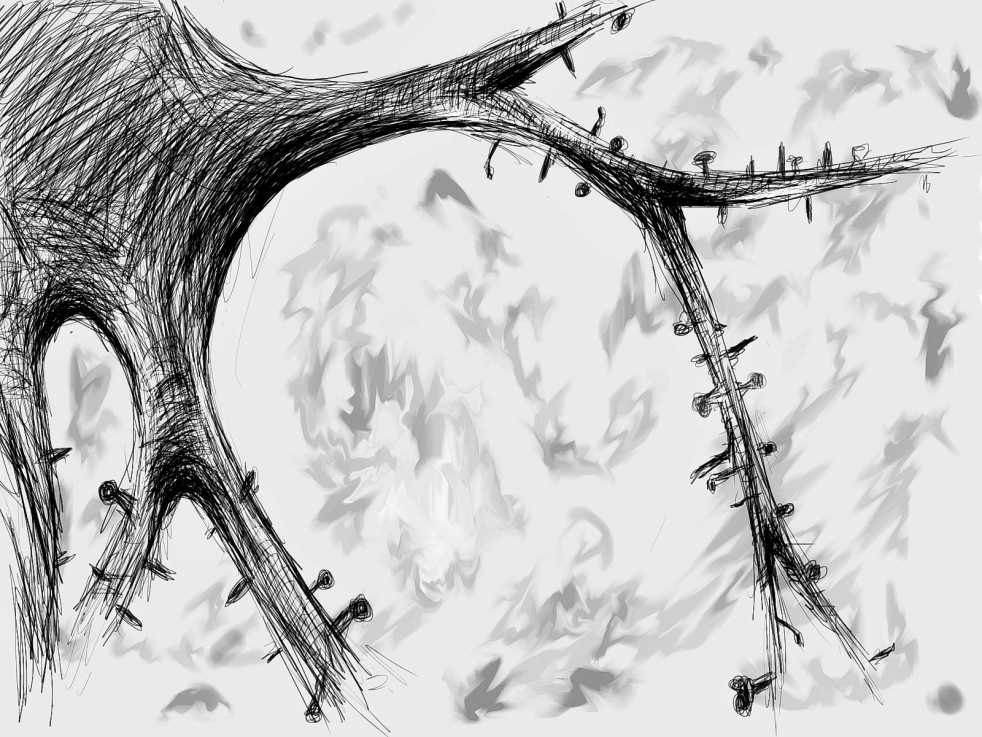The best things in life often take time. That’s why Georgia Tech’s newest major has been in the works for years. The much-anticipated Bachelors of Science in Neuroscience is the latest addition to Georgia Tech’s offerings.
It is easy to forget how much behind-the-scenes hard work goes into putting something like this together and making it a beneficial and smooth addition to the campus. Many faculty including Dr. Tim Cope have tirelessly worked to create a program that is the most beneficial as possible for students that might be interested in neuroscience.
Dr. Cope is a faculty member in the School of Biological Sciences, a neuroscientist, and the new director of the Neuroscience Undergraduate Curriculum Committee. In collaboration with faculty members and administration from across the schools on campus as well as universities all over the state, Dr. Cope and his colleagues have created a program that is not only meticulously crafted, but promises to offer a student experience that no other school in the state can offer.
“Georgia Tech has a long tradition in quantitative science and applied science, so neuroscience here will be more technologically oriented,” Cope said. “That’s the tradition and the expectation on the part of the students and faculty.”
Students in neuroscience will take required classes that will bestow upon them knowledge in three main focus areas: cellular and molecular biology, systems and behavior and cognitive science. After they get the basics down, students from a wide diversity of interests and backgrounds will largely be free to explore what interests them the most about neuroscience.
In an effort to facilitate this exploration, the neuroscience major will include ten “Breadth Elective Specializations,” which were designed by experts in the field. These specializations are biochemistry, biology, chemistry, computer science, engineering, mathematics, psychology, physics, physiology and pre-med.
Cope says that this is one of the virtues of neuroscience; it is by nature multidisciplinary and multidimensional, and can be investigated by a variety of avenues. Tech’s program intends to utilize many of these dimensions in a unique way.
“In order to understand how brain and nervous systems work, we have to understand psych, cell biology, optics, physics, computer science and mathematics,” Cope said. “Our students will have all of those things. Look at what a rich intellectual environment that is. We have to bring all the info together, assimilate it and use it to figure out what’s going on.”
It seems that neuroscience is a rapidly evolving field, and will fit right in with other advancing topics at Tech. The faculty involved are confident that graduates will have no shortage of opportunities when it’s time to look for a job.
“There is no human activity that I can think of that doesn’t absolutely include some reliance on neuroscience,” said Cope. “There are so many exciting technical breakthroughs right now. There is an evidence based expectation that we are beginning to see some really important discoveries.”
Neuroscience at Tech has already attracted a respectable amount of attention, with close to 100 students expressing interest in the program.
Cope says that one of their biggest challenges at this time is the unpredictability of how many students will be interested, but he and his colleagues are definitely optimistic.
One student who jumped at the chance to be one of Tech’s first neuroscience students was Maria Krakovski, first-year BIOL.
“They tailored it super well, so I didn’t waste any credits,” Krakovski says. “I was really happy to switch to it because it’s basically directed toward my interests more.”
Krakovski’s breadth elective specialization is pre-med, and she says she is pumped to be able to take classes that help her learn about the processes and systems of the body and how the body and brain communicate.
The major is now accepting current Tech students who wish to change their major, and will soon welcome incoming freshmen.
“The enthusiasm is really very strong,” Cope said. “We are interested in being very creative in our delivery of the courses. We are trying to develop active learning and hands on experiences.”
The various faculty members, students and supporters of the neuroscience major are anxious for the upcoming semesters and are excited to see their hard work pay off.
